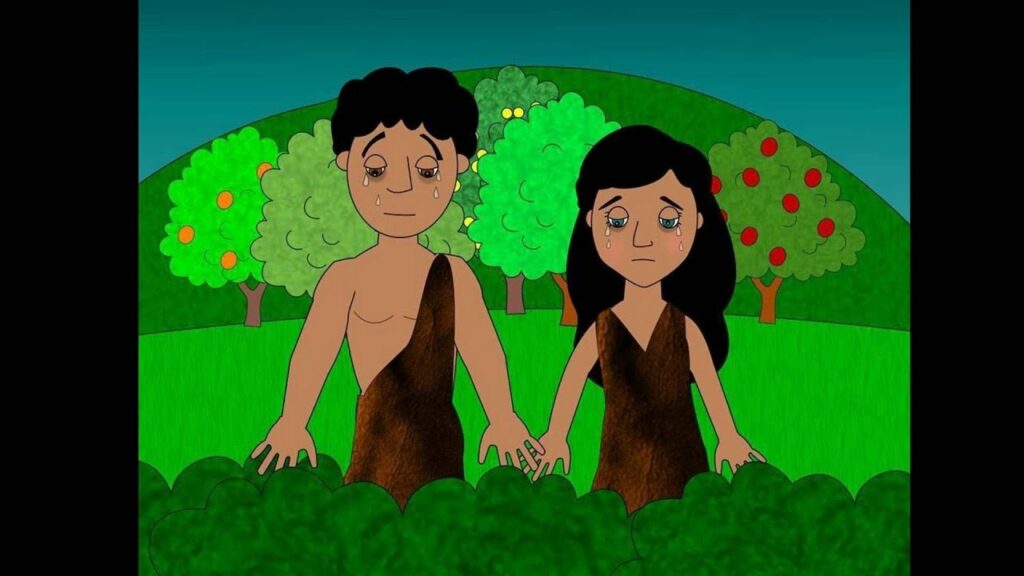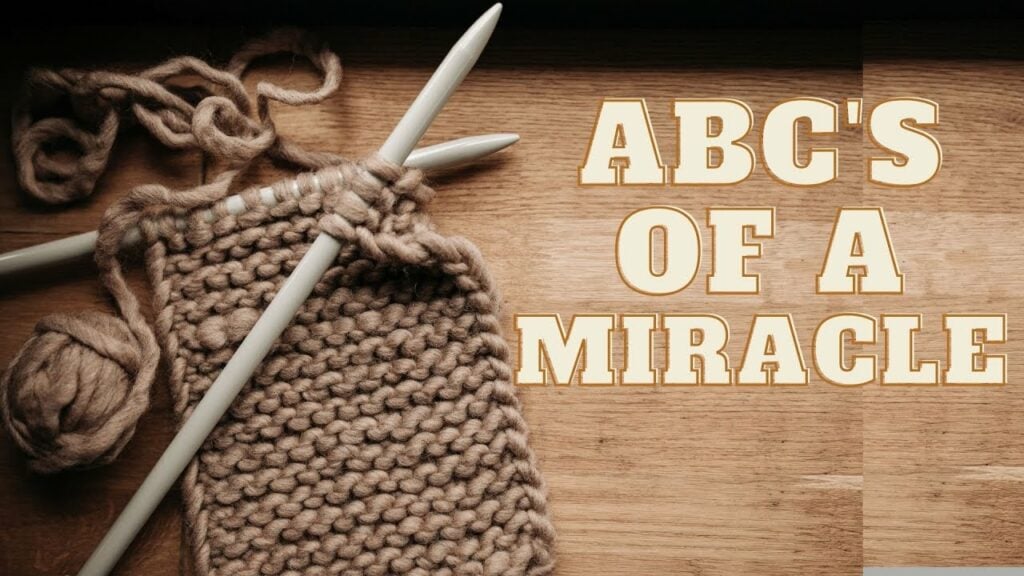A Long Time Coming
It takes a long time for the slaves to get free from Egypt. It takes 10 plagues. Count them.
1,2,3,4,5,6,7,8,9… TEN.
Every single time, Moses is like, “Another plague?!”
Another— demonstration? to Pharaoh and the government that clearly— slavery is bad for slave masters. I mean, they got covered in frogs. How many times does it take for them to get it? Why does it take soooo long— for us to break free?”
The Way God Raised Us
God replies, “My fault. The way I raised you.”
Moses is like, “What do you mean— the way you raised me?”
Then Pharaoh’s daughter went down to the Nile river… She saw the basket … She opened it and saw a baby. He was crying, and she felt sorry for him. When the child grew older… he became her son.
—Exodus 2:5-6, 10
Moses was born a slave. But when he was a baby— the queen adopts him as her son and raises him as a prince. Guess who his step bother is? Pharaoh. They are step brothers. The leader of all the slave owners— and the leader of all the slaves— are brothers.
The corrupt government official is not your enemy. He is your brother.
As soon as Moses finds out he is actually an Israelite by birth— he leaves the royal palace to go live in the slave camps with his people.
He doesn’t know he’s a slave until he grows up.
You too, were born a prince.
It doesn’t come naturally for you to be a slave. Someone has to teach you. When you grow up, you have to learn how to be someone’s slave.
How People See You
God says to Moses, “I don’t let you see yourself the way other people see you.”
Moses is like, “How do they see me?”
God is like, “Uh…”
Moses is like, “I don’t get it. What do they see me as?”
God is like feeding his gold fish and kinda says, “Ah, you’re popolo.”
Moses is like, “Okay, so I’m black.”
God is like, “Well, you’re Black and that does make a difference in how people see you.”
Moses is like, “What are you talking about?”
God is like, “Well, if you were white, I only have to send 1 plague. Because you’re popolo, you’re black— I have to send 10 plagues. If it was just one plague, everyone would say it’s climate change. Because you’re popolo, I have to repeat it.”
Moses is like, “10 times?!”
God is like, “Hey, it could’ve been 20— I just needed to drive the point home— And… I made you look like a hero, right?”
Moses is like, “That’s crazy. Pharaoh is my brother. Shouldn’t I know that he sees me as popolo— before he sees me as a brother?”
Identity Crisis
God said, “It’s a gray zone. You grew up together. He sees you as an extension of himself— where you serve him because you love him.
He doesn’t see you as separate from him, as a person who has a unique voice. I had to shake him free of that mindset.
Think of humanity as a petri dish— it’s all gray. But in reality, it’s black and white mixed together.
As you create conflict and tension, you shake up the petri dish— and then the dark begins to separate from the light.
You pull away from Pharoah— he resists you.
You want to be free, he clings to you.
And you get this dance— this push, pull, swirl— and suddenly you see it— you see the yin and the yang— and how they are meant to harmonize and co-create by remaining distinct, but always connected.
When you cease to be his slave, Pharaoh doesn’t know who he is anymore.
If he lets you have your own identity— he is forced to create a new identity for himself.
If you’re Popolo, what is he? He doesn’t know who he is without you.”
Moses says, “He’s having an identity crisis?”
Stepping Into Who You Really Are
God says, “Not just him. Your fellow slaves are having an identity crisis.
You’re shaking their chains loose.
You cannot have freedom all at once.
You only see the chains on the outside.
You don’t see the chains on the inside that also need to be loosened.
Sometimes you’re ready, but the people you were sent to lead— are not ready.
You have to get them ready.
You have to get them used to being free.
That takes practice.
You have to practice being free— just like you practice salsa dancing— you don’t wake up a champion ballroom dancer.
You practice at it.
You practice and practice— until one day the groove is in your hips and it comes natural to you— to be so free— to be different and distinct— yet so connected to anyone in the universe who would be against you.
He is not your enemy. Moses, he is your co-creative dance partner.
The dance of him pulling and you pushing, of him standing still while you spin—
It becomes conflict when you both hold onto who you thought you were.
It becomes co-creation when you both step into who you really are, now.
It’s Juneteenth, Moses.
Celebrate the struggle that is the dance.
Celebrate being Popolo. “



